"You know that feeling, when you can’t wait to get home to tell your significant other about the crazy thing that just happened at work? The second you walk through the door, even before you kick off your pinchy-toe shoes, you’re saying, “You’re not going to believe this . . .” as you launch into the story, complete with revealing hand gestures, passion, and well timed pauses that effortlessly build to the riveting climax."
Get Started for FREE
Sign up with Facebook Sign up with X
I don't have a Facebook or a X account
 Your new post is loading... Your new post is loading...

Ally Greer's curator insight,
November 1, 2013 8:31 PM
Show your brain who's boss and beat cognitive biases that can harm your critical thinking skills!

Christina Guenther's curator insight,
October 18, 2013 12:58 AM
Don't forget to press the "view more" button I promise its worth it!

Carolyn Lasky's curator insight,
September 28, 2013 5:47 PM
It's not everyday that people think a parody account with horrible grammar and terrible hashtags is actually your brand's official account. Poor Burlington Coat Factory.

Ally Greer's curator insight,
October 7, 2013 1:49 PM
Reading about how brains work is nothing short of fascinating. Here are some of the most intersting: Attention bias: When you only consider a few options or outcomes even though there are truly many more possibilities. Backfire effect: When you reject evidence that proves you wrong even though you know the evidence is correct. Bias blind spots: Failure to recognize your cognitive biases (how meta!) Frequency illusion: When something you just learned about suddenly appears everywhere. Reactance: Doing something opposite what you're asked to do to demonstrate your freedom of choice. |

Andrew Federici's curator insight,
November 15, 2013 4:57 PM
A bit of fun for Friday--can you imagine how much money collectively was spent on these ads? And what the metrics of success were? 
Chris Parsell's curator insight,
November 25, 2013 10:10 AM
How can you start off a Monday without the Pets.com mascot? 
GwynethJones's curator insight,
December 15, 2013 3:08 PM
I still have some of the Pets.com videos on a HD and I have the puppet, too!!!

GwynethJones's curator insight,
October 20, 2013 6:58 PM
French Bread Pizza - a guaranteed mouth burn in the first 3 bites!

Guillaume Decugis's curator insight,
August 30, 2013 1:19 AM
Very meta but interesting read. Are we in a matrix? 
Ludovic LE MOAN's comment,
January 12, 2014 4:31 AM
I am surprised to find this article since I believe myself, we are part of a simulator. My idea to try to prove it should be to find a gap in our time scale. If we can demonstrate the time is not continious, we will have found this evidence. Like a computer time is sharing by processus, it should be the same for universe!

Guillaume Decugis's comment,
January 12, 2014 7:23 PM
I've just read an interesting SF novel on that topic: Redshirts by John Scalzi http://www.amazon.com/Redshirts-A-Novel-Three-Codas/dp/0765334798 Interesting read on that topic!

Christopher Yeh's curator insight,
November 26, 2013 12:28 PM
I don't think those habits will make you smart, but I love the graphic!

Community Village Sites's curator insight,
August 12, 2014 4:09 PM
And make sure you don't miss: and Average Face Of Women Across The World |








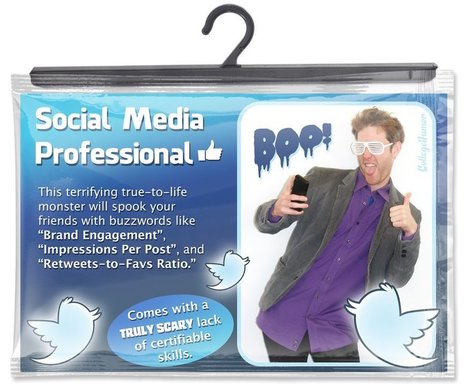

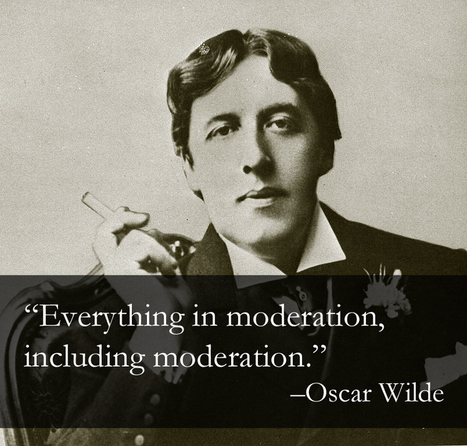


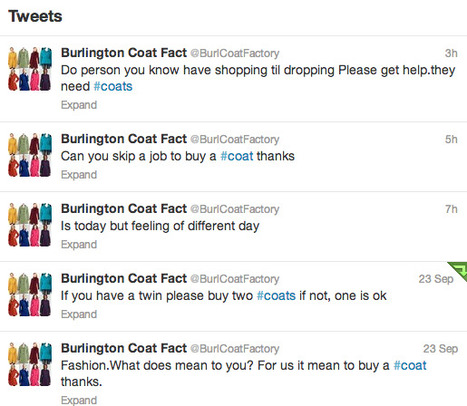



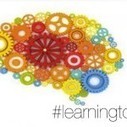



![Famous brands updated with honest taglines [pics] | Shareables | Scoop.it](https://img.scoop.it/G9zK_TDfm6_DsPF6IMkgIDl72eJkfbmt4t8yenImKBVvK0kTmF0xjctABnaLJIm9)


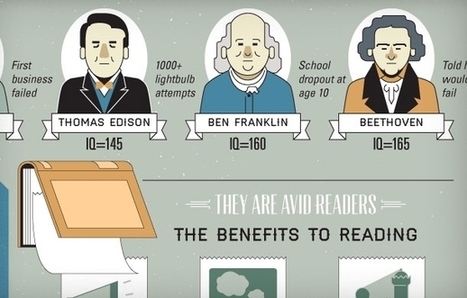











We are hardwired for story. This post has great questions to ask yourself when considering the story you want to tell. I particularly like the idea of asking "why" over "what" the story is. In my classes, I do writing exercises to help people articulate the why of the story. Listen to Radio Lab or Ira Glass for great ex. of the why that is always embedded in their stories.
That's what humans do - tell each other stories. Try going a whole day with telling or hearing a personal story. So why is your marketing feature-based and impersonal? You know Social Media is Not Advertising. Duh! http://bit.ly/URVIVQ